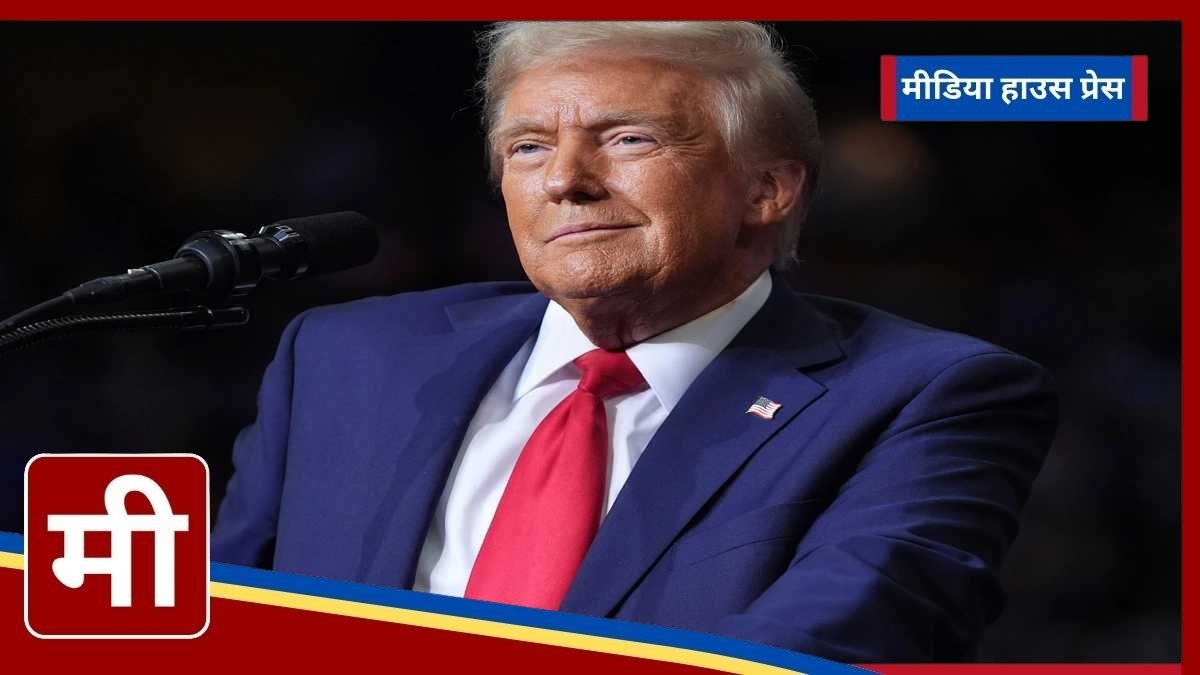Donald Trump Hints at Third Term, But Constitutional Hurdles Loom Ahead

In a bold statement following his historic victory in the U.S. presidential elections, Donald Trump expressed a surprising willingness to run for a third term as president. Speaking to his supporters on Wednesday, Trump remarked that while he was open to the idea of serving a third term, he would only enter the race if the American people showed overwhelming support. He added, “I’m ready for a third term, but perhaps I won’t run unless you tell me that he (Trump) is good and we need to think about him.”
However, Trump’s aspirations for a third term are met with significant constitutional barriers. According to the 22nd Amendment of the United States Constitution, no individual can be elected to the presidency more than twice. This law was enacted after Franklin D. Roosevelt served four terms as president, a unique scenario that led to the amendment in 1951 to limit future presidents to two terms in office.
While Trump’s statement about a third term has raised eyebrows, it seems almost impossible under current constitutional constraints without an amendment to the Constitution. To alter the 22nd Amendment, Trump would need to navigate an arduous process requiring approval from both chambers of Congress and a ratification by three-quarters of the state legislatures.
The process of constitutional amendment is notoriously difficult, requiring support from both Republican and Democratic parties, which, given the polarized nature of American politics, makes this path highly unlikely in the current political climate. Therefore, while Trump’s third-term rhetoric has garnered attention, it remains a far-fetched prospect under the current legal framework.



